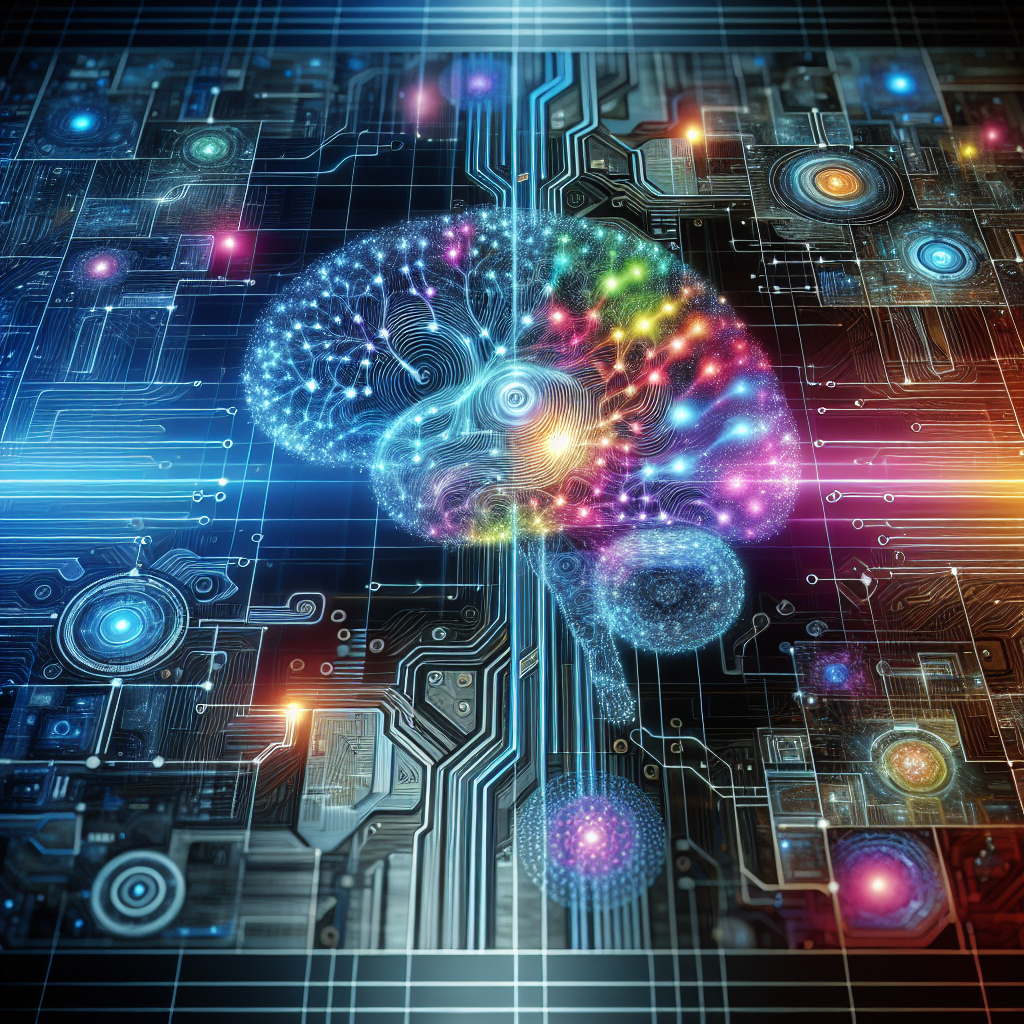AGI: The Next Frontier of Technology Innovation
Artificial General Intelligence (AGI) is the next frontier of technology innovation that has the potential to revolutionize the way we live and work. AGI refers to the development of intelligent machines that can perform any intellectual task that a human can do. This includes tasks such as reasoning, problem-solving, learning, and understanding natural language.
While we have seen significant advancements in artificial intelligence (AI) in recent years, most AI systems are still limited in their capabilities and are designed for specific tasks. AGI, on the other hand, aims to create machines that have the ability to learn and adapt to new situations, much like humans do.
The development of AGI has the potential to have a profound impact on almost every aspect of our lives. From healthcare to transportation to finance, AGI has the potential to revolutionize industries and improve efficiency and productivity.
In this article, we will explore the concept of AGI, its potential applications, and the challenges that come with developing such advanced technology. We will also address some common questions and concerns surrounding AGI.
What is AGI?
AGI, or Artificial General Intelligence, refers to the development of intelligent machines that have the ability to perform any intellectual task that a human can do. This includes tasks such as reasoning, problem-solving, learning, and understanding natural language.
Unlike most AI systems, which are designed for specific tasks and are limited in their capabilities, AGI aims to create machines that have the ability to learn and adapt to new situations. This means that AGI systems can perform a wide range of tasks and can be applied to a variety of industries and applications.
The development of AGI has the potential to have a profound impact on society. From healthcare to transportation to finance, AGI has the potential to revolutionize industries and improve efficiency and productivity.
Potential Applications of AGI
The potential applications of AGI are vast and varied. Here are just a few examples of how AGI could be applied in different industries:
Healthcare: AGI could be used to analyze medical data and help doctors diagnose and treat patients more effectively. AGI systems could also be used to develop personalized treatment plans for patients based on their individual needs.
Transportation: AGI could be used to improve the efficiency and safety of transportation systems. AGI systems could be used to optimize traffic flow, reduce accidents, and improve fuel efficiency.
Finance: AGI could be used to analyze financial data and make investment decisions. AGI systems could also be used to detect fraud and predict market trends.
Education: AGI could be used to develop personalized learning programs for students. AGI systems could also be used to provide feedback and support to teachers.
Challenges of Developing AGI
While the potential applications of AGI are vast and promising, there are also many challenges that come with developing such advanced technology. Some of the key challenges include:
Ethical concerns: As AGI systems become more advanced, there are concerns about the ethical implications of using such technology. For example, there are concerns about the potential for AGI systems to be used for malicious purposes or to infringe on privacy rights.
Technical challenges: Developing AGI requires solving complex technical challenges, such as designing algorithms that can learn and adapt to new situations. There are also challenges related to data quality and availability, as AGI systems require large amounts of data to learn from.
Regulatory challenges: As AGI technology continues to advance, there will be a need for regulations to ensure that the technology is used responsibly and ethically. There are concerns about the potential for AGI systems to be used in ways that harm society or infringe on individual rights.
FAQs
What is the difference between AGI and AI?
AI, or artificial intelligence, refers to the development of machines that can perform specific tasks that typically require human intelligence. AI systems are designed for specific tasks and are limited in their capabilities. AGI, on the other hand, refers to the development of machines that have the ability to perform any intellectual task that a human can do. AGI systems are designed to be more flexible and adaptable than AI systems.
How close are we to achieving AGI?
While significant progress has been made in the field of AI, we are still a long way from achieving AGI. Developing AGI requires solving complex technical challenges, such as designing algorithms that can learn and adapt to new situations. There are also challenges related to data quality and availability, as AGI systems require large amounts of data to learn from. It is difficult to predict when AGI will be achieved, but many experts believe that it will take several more years of research and development.
What are the ethical concerns surrounding AGI?
There are many ethical concerns surrounding AGI, including concerns about the potential for AGI systems to be used for malicious purposes or to infringe on privacy rights. There are also concerns about the potential for AGI systems to be used in ways that harm society or infringe on individual rights. It is important for researchers and policymakers to address these concerns and develop regulations to ensure that AGI technology is used responsibly and ethically.
In conclusion, AGI is the next frontier of technology innovation that has the potential to revolutionize the way we live and work. While there are many challenges that come with developing AGI, the potential applications of this technology are vast and promising. It is important for researchers, policymakers, and industry leaders to work together to address the technical, ethical, and regulatory challenges of AGI and ensure that this technology is used responsibly and ethically.

